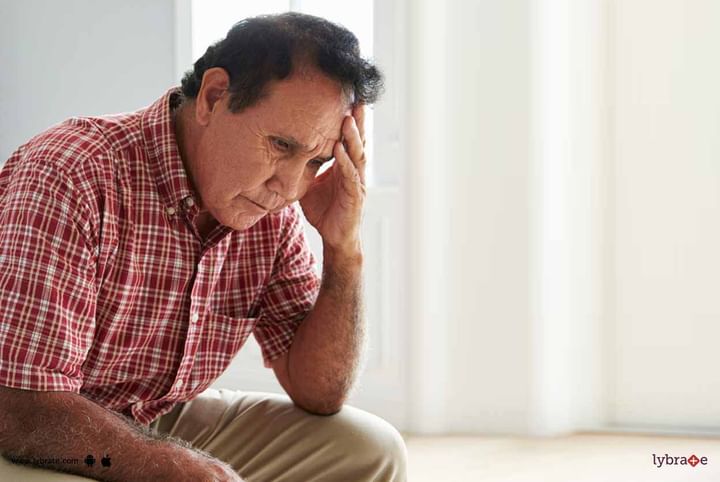Benign Prostrate Hyperplasia - How To Track It?
Benign Prostrate Hyperplasia (BPH) is a condition which results in the enlargement of the prostate gland. The prostrate grand is situated near the Urethra (a tube which helps flush out the urine from the bladder). Generally, the chances of developing BPH increase after one crosses the age of 50. But it is yet not know, why some men experience more severe symptoms than others.
Causes of BPH
This condition generally occurs because of old age and affects almost all men above the age of 75. It occurs because of the various hormonal changes and changes in cell growth that the body goes through, as one becomes old. Sometimes BPH can set in due to genetics. If BPH sets in due to genetically reasons, it usually is quite severe and affects men before they reach 60.
Symptoms of BPH
Quite a few men who develop BPH, experience no symptoms at all. But when symptoms of BPH, known as lower urinary tract symptoms (LUT) start, they can be either mild or very severe. The severity of the symptoms is not related to the extent of the enlargement. Many a times men with only a mild enlargement complain about severe symptoms, while men with a highly enlarge prostate gland may do not complain of any discomfort.
Symptoms of BPH tend to worsen due to cold weather and also because of physical and emotional overexertion.
There are certain medicines which should be avoided if you suffer from BPH, as they have a tendency to worsen your symptoms, for example- diphenhydramine, pseudoephedrine, oxymetazoline spray and other antidepressants.
The symptoms of BPH are related to issues with bladder emptying and issues with bladder storage. Symptoms related to the urine drainage from the bladder are
1. Strain while urinating
2. Weak urine flow
3. Some dribbling after urination
4. Sudden urge to urinate
5. Pain while urinating
Symptoms related to storage of urine in the bladder are-
1. Waking during the night to urinate
2. Urinating frequently during the day and at night
3. Sudden urge to urinate, which may be hard to control
It however, has to be kept in mind that these symptoms may not primarily occur due to prostate enlargement, but may be the result of other conditions like urinary tract infections, prostatitis, prostate cancer, neurological disorders and even diabetes. Thus it is essential that you visit a doctor and get the cause for these symptoms diagnosed properly.



+1.svg)
